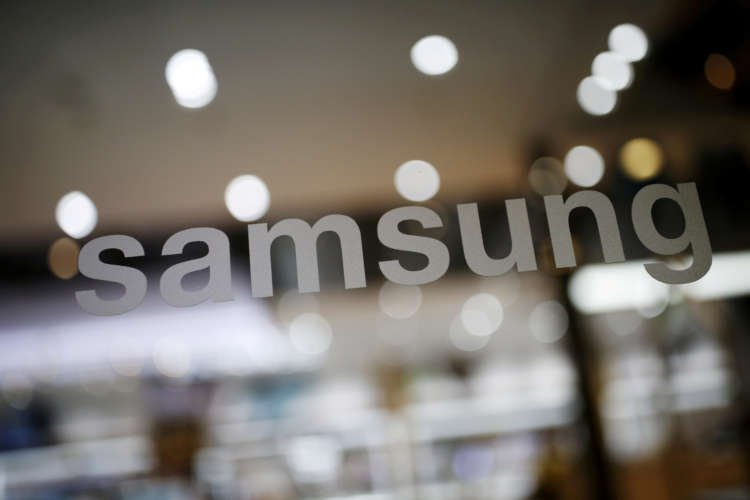Investing
Samsung boosts non-memory chip investment to $151 billion as S.Korea offers bigger tax breaks
Published by linker 5
Posted on May 13, 2021
1 min readLast updated: January 21, 2026

Published by linker 5
Posted on May 13, 2021
1 min readLast updated: January 21, 2026

Explore more articles in the Investing category











